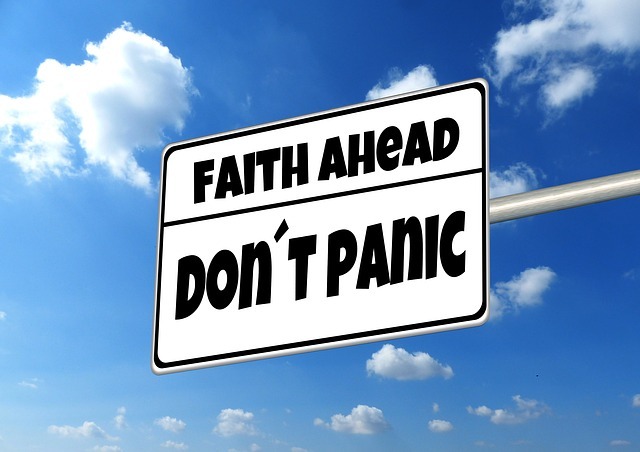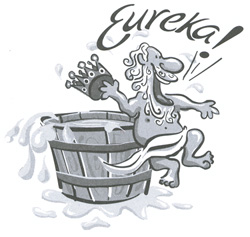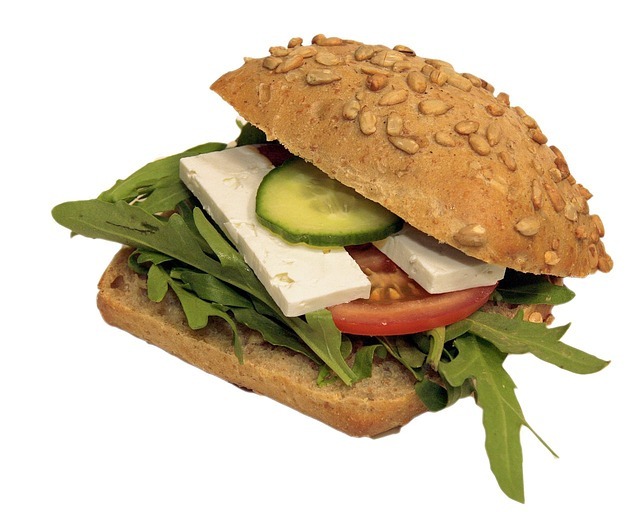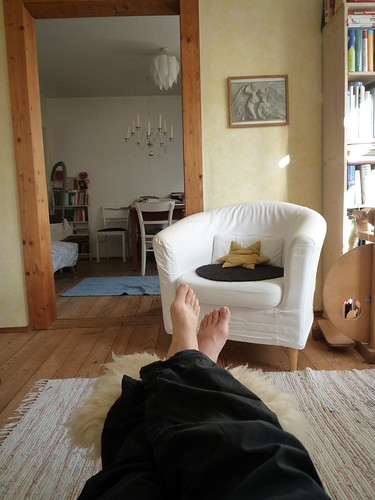Have you ever seen your past laid out on a page? It’s unnerving.
Last week I typed up my 2015 work diary (a daily note of what I did or why I didn’t do anything) into a spreadsheet: a year at a view. It was disheartening, encouraging, and then disheartening some more.

Consider the numbers. There were 365 days in 2015. Of these, 52 were Sundays, and therefore days of rest. That leaves 313. (Yes, I work Saturdays.)
I took four days off for public holidays, including Waitangi Day, Good Friday and Christmas. I also took three days for private holidays: my birthday, our wedding anniversary, and our family name day. That takes the total down to 306.
I had a startling eleven sick days, although nearly half of that was eye-related – having laser surgery does require a certain amount of time spent in the offices of eye-people, and also a certain amount of time resting the eyes afterwards (total: 295).
Then there were visits to friends or family, including one for a wedding – a total of five visits, to my amazement, which between them ate up 25 of what would otherwise have been working days (270).
I also took Edith Sitwell’s advice and had some days in bed – well below her suggested quota, though, as I only had six in fifty-two weeks (264). Am I super-lucky? Well, yes, but if it’s any comfort, I haven’t had a paid holiday (or sick leave) in nearly two years.

That’s 101 days already off the total. Disheartening, yes? So what did I do with the remaining days? Did I, you may be asking, do any work at all? I am happy to say, I did.
I did 36 days research; spent 64 days writing; another 40 days typing up what I’d written; a further 8 days reading through what I had typed and taking notes; and a whole 44 days blogging. I also spent a day on a letter to the Prime Minister about the Polish children of Pahiatua and another day on a skit for a local Light Party. 194 days of writing work, not counting the three I spent overhauling my workspace between projects, or the two I spent on working out a mission statement of sorts. Call it 199. (That’s the encouraging bit.)
The advanced mathematicians among you will have realized that if you have 264 days, and write in 199 of them, that leaves 65 unaccounted for. What happened to those days?
I wish I knew.
Some of them likely included unrecorded blogging, since the frequency of posts appearing here certainly exceeds the frequency of blogging mentions in the work diary. But bits of the year seem to have just disappeared, like the calendar of Verrius Flaccus.
For the most part, the blank days are scattered in ones and twos about the year. There are two and a half weeks looking blank in December – I don’t much mind that, we had some very special guests I don’t get to see nearly as often as I’d like – but there’s also a great wealth of blank days in May. After the 6th of May, there’s nothing recorded til the 3rd of June. And I don’t know why. There don’t seem to have been any external causes, I just ground to a halt for about four weeks. Except for blogging. (So thanks to you all, for keeping me writing in some form at least!)
2016, I decided, must be different. In preparation, I did my version of the Relaxed Writer’s exercise I did two and a half years ago. Three columns: I Don’t Want, I Want, and I Will. I think I meant to look at my writing life in particular, but it came out very much more general than that. And very repetitive. This is apparently normal and shows you what you’re most concerned about. Happily, this meant that my list of forty-plus “don’t wants” were reverse-engineered to a shorter list of “wants” and in the end my list of “I wills” had only six items on it to cover the lot.
Two or three of these are specific to a single matter, but the others are very general. In essence, what I need to do this year is to trust the process and trust God. I have a routine which I am gradually converting to habit;*; a routine which, if followed, will make sure that the things that need to happen happen, and nothing gets wildly out of control. Like turning the heel, I just have to keep going in faith that it will all come together if I just keep going.

So 2016 will be for me the Year of Trust. Trust God. Trust the process. Keep going. And for my theme song, I could do worse than this (try here if you prefer to listen).
*In looking back at this habit post, I note it was written in late May and mentions that I’ve been sick for the last couple of weeks. This may explain a large part of the absence of May, although you would think I could at least have left myself a note. In the diary, rather than on a blog. Do I look like the sort of woman who subscribes to her own blog? Still, it’s nice to know I wasn’t slacking off entirely.







